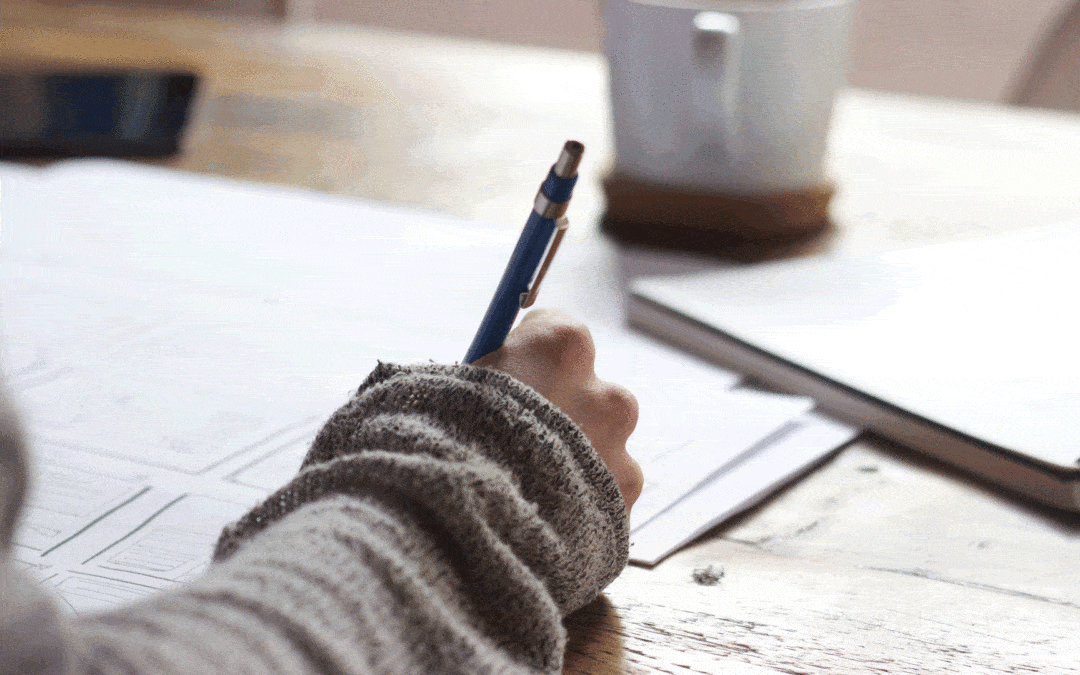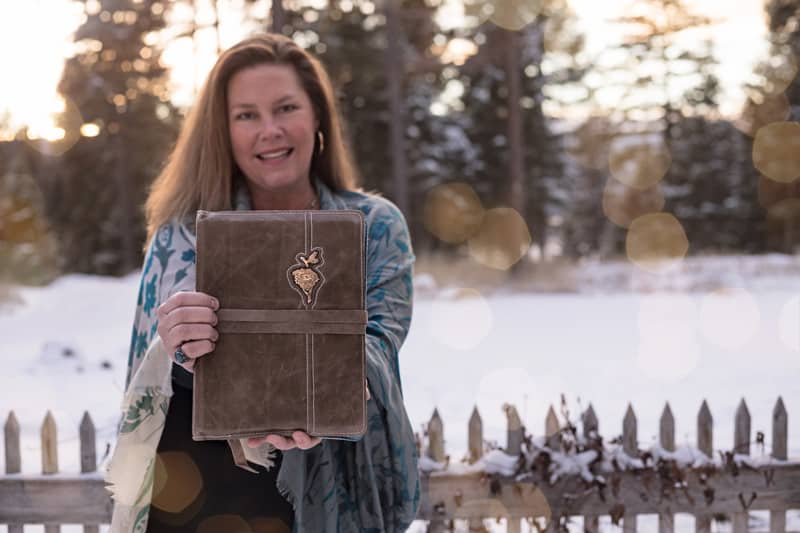I will be posting short essays from Haven Writing Retreat alums for the next few weeks…
…in hopes that you will be inspired, and mostly so that you know you are not alone. We’re not going for talking points or even wisdom. We’re going for truth. Here is the next installment of the series.
You might consider writing your own. The only writing prompt I gave them was this: The Pandemic and Me. 800 words. Go for your truth.
I invite you to do the same! Writing is the best tool I know in the realm of preventative wellness, self-awareness, letting go, and dreaming your future alive. Writing heals. Telling our stories heals. Reading heals. I hope these essays will help heal you.
To that end, my next So Now What online Workshop will be on Sept. 13th from 10:00-3:00 MST. For more info and to register, click here.
Yours,
Laura
TV Dinner
by Jennifer L. Revill
One of the pleasures of my 1960’s-era childhood was sitting down in front of the television with a TV dinner. The prescient Swanson Company had figured out how to cash in on the growing popularity of television in the post-Cold War United States. Inside each cardboard sleeve, there was an aluminum tray divided into sections, filled with blocks of frozen food. This tray would go into the oven, and, ideally, emerge with all foods equally heated.
My mother would bring the steaming tray into the den in with her pot-holdered hands and place it on a metal tray table next to the couch for me. She and my dad would rarely join me. So this only child had the experience to herself. I ate slowly, relishing the salty fried chicken, the individual corn kernels hard as pomegranate seeds, the grainy mashed potatoes, and that tiny portion of scalding hot apple crisp, as I watched the Partridge Family on Channel 6.
My TV dinner experiences were islands of pleasure in what I now see as a lake of loneliness.
I spent much of my childhood on my own. With no siblings, extended family far away in other states, and parents who only occasionally enjoyed each other’s company, our times at home were either subdued or filled with the sound of my father’s raised voice and with my mother’s sadness. I had friends but I was alone a lot. There were happy times, exploring the woods behind our suburban house, and gracefully hopping stone to stone along the rock walls that bounded our property. I created treasure maps and dreamed of new worlds in my back yard. There were dark times, too. Throughout it all, I learned how to be self-sufficient.
I am fortunate to live in a state which took the threat of coronavirus disease seriously from early on. Our governor, his face a grim landscape, went on TV and told us all to shelter in place in early March of 2020. My employer sent us home with laptops and VPN codes and uncertain direction on how to do our public sector jobs remotely. And there we stayed for almost four months.
I live only with a friendly cat. My parents are long dead. My daughter lives on the other coast. I am divorced and not in a relationship. I am loved by many excellent friends, but I could not see them in person now. My principal extracurricular activity had been choral singing; now, that had been deemed highly dangerous, so I was no longer making music.
Everyone struggled. My own struggle was not with learning to homeschool my children, with my health, with vulnerable parents, nor with being unable to pay the rent. The pandemic had not, has not, wounded my existence directly. My struggle was with solitariness. I was alone in my home with the viral cyclone raging outside. Friends and parents of friends fell victim; some died. I grieved for everything everyone had lost, and I acknowledged my good fortune to be solvent, resourced, and still alive.
But for all of the popular advice about the need to cultivate gratitude, I just couldn’t do it. I stewed in resentment because, now, every single night was TV dinner night. Each evening, I would cook enough for one, set it on a plate, and carry it into my living room. I would sit on my couch and turn on the TV. The news was terrifying and not good. Neither was the food, because it had been made not with pleasure or in companionship, but with distracted utility. I had a pervasive sense of being locked into a pattern that I had not chosen. That it was the same pattern I had not chosen as a young girl made it more intolerable.
But don’t you know: my old self-sufficiency, still threaded through my spirit, began to vibrate. Shut off the damn TV, it said. Get up. Go outside. The weather in Massachusetts in March is windy and raw. Still, every day at 5:00pm I got into my car and drove the roads of an adjacent town until I found a trail, or a meadow, or a stream. I must have walked a hundred miles in a couple of months. Bundled in fleece, step by step, through the mud and along the rock walls, I wended my way back toward gratitude. As I walked, as I breathed, I drafted a new treasure map of the life I would need to consult when this time of terror and limitation had passed. It was the red-wing blackbirds, the lady slippers, and the fiddleheads that companioned me through the woods of sadness, back into hope and back to hunger; not for apple crisp, but for happiness, sadness, for the entirety of my life.
Jennifer Revill writes and teaches about the spiritual life. She lives in Massachusetts.
0 Days Since Last Injury
by Michel Roberts
Convinced that fake-perfect helps no one, I’ll share a recent failing. It’s no accident that my proudest moment was after an extra-long day of work. During what’s usually the “golden hour,” after shedding my purse and mask, that I like to spend relaxing with my family over dinner.
This particular Monday started with an early morning doctor appointment for a physical, then dental cleaning during my lunch break. Both were rescheduled due to the pandemic and now that the offices were open they awkwardly landed on the same day. Masks and social distancing. Check in from the parking lot. All the new protocols of our daily life.
So I was grateful when my husband, Paul, acknowledged their timing as I walked in the door on what was his day off.
“Two appointments in the same day. I never do that.”
He’d cooked dinner. Bless him.
“Yeah, and I managed to reach the high school to register her choice of digital academy instead of on-campus learning. The deadline was today.” Sharing my small victory before eating was my first mistake.
“What? She’s not going back to school?”
This is where he suddenly pays attention after I’ve spent weeks on video school board meetings and talking to our daughter about plans for her fall semester during a pandemic.
“She only has two classes left to meet her graduation requirements.”
“What do you mean? How can she only have two classes left….”
I had to walk away. I retreated to our master bedroom at the opposite end of our townhome. I could hear him continue his line of questioning with our 17 year old.
“Dad, I took high school classes in middle school, remember?”
“What about your friends? Have you asked them if they’re going back?…”
I knew it wasn’t going to end any time soon. He would need all the answers. No golden hour.
“Shut the f&@k up,” I said under my breath in our townhome that keeps no secrets.
He heard me. The kids heard me. Our 14 year old son was in the front room, too.
“Did you hear what your mother said? Is that any way to talk to me in front of you kids?”
Of course not. No excuse. We don’t talk to each other this way. He didn’t want an apology that night but the next day I left this card on his windshield at work.
Kindness is Rare (cover)
“…especially when your wife is in an awful mood and takes it out on you. I wish I could take back what I said. It was mean! You didn’t deserve it! I’m so sorry! There’s no excuse. I just need you to know I’m really struggling. The news. The fear. Going to work with customers who don’t take the threat to our health seriously. Everyday demands weigh heavily when there’s already so much I’m worried about. Then big decisions like whether the kids should go to school in the fall on top of it all. When I get home from a normal day of work with all the noise, customer complaints and chaos I need some quiet and calm. It’s true now more than ever. I should have asked if we could talk about it later so we could enjoy the dinner you made. Instead I lashed out. I’m very sorry. I love you. Thank you for all you do.”
I wasn’t sure he’d read it. I was, however, sure there would be no dinner waiting for me when I got home.
But I was wrong.
He made salmon. We ate together quietly. He never once mentioned my card.
When I called a college friend the next day I could hear her nodding on the other end. We’re all feeling the strain and on the verge of our own STFU moment.
“But, somehow, we never get credit for the days we don’t say it out loud,” she laughed. Like the factory sign – “xx days without injury” I’d filed my incident report and was starting over at zero.
Over Saturday morning coffee Paul said, “I’m gonna call Mike. I miss my friend. He’s the only one that doesn’t tell me to STFU,” he smiled.
When he said the same to Mike, I could hear his response. “Oh, but I think it,” and it made us both laugh.
Kindness isn’t really so rare, after all.
The moments of grace and forgiveness when we’re at our lowest are a gift we can give freely. There’s no room for comparison when there are so many suffering in unimaginable ways. Instead we can recognize the struggle for each and every one of us and support our friends and strangers alike.
It’s the only way we’ll get through it. Maybe the only way anyone ever has.



Recent Comments